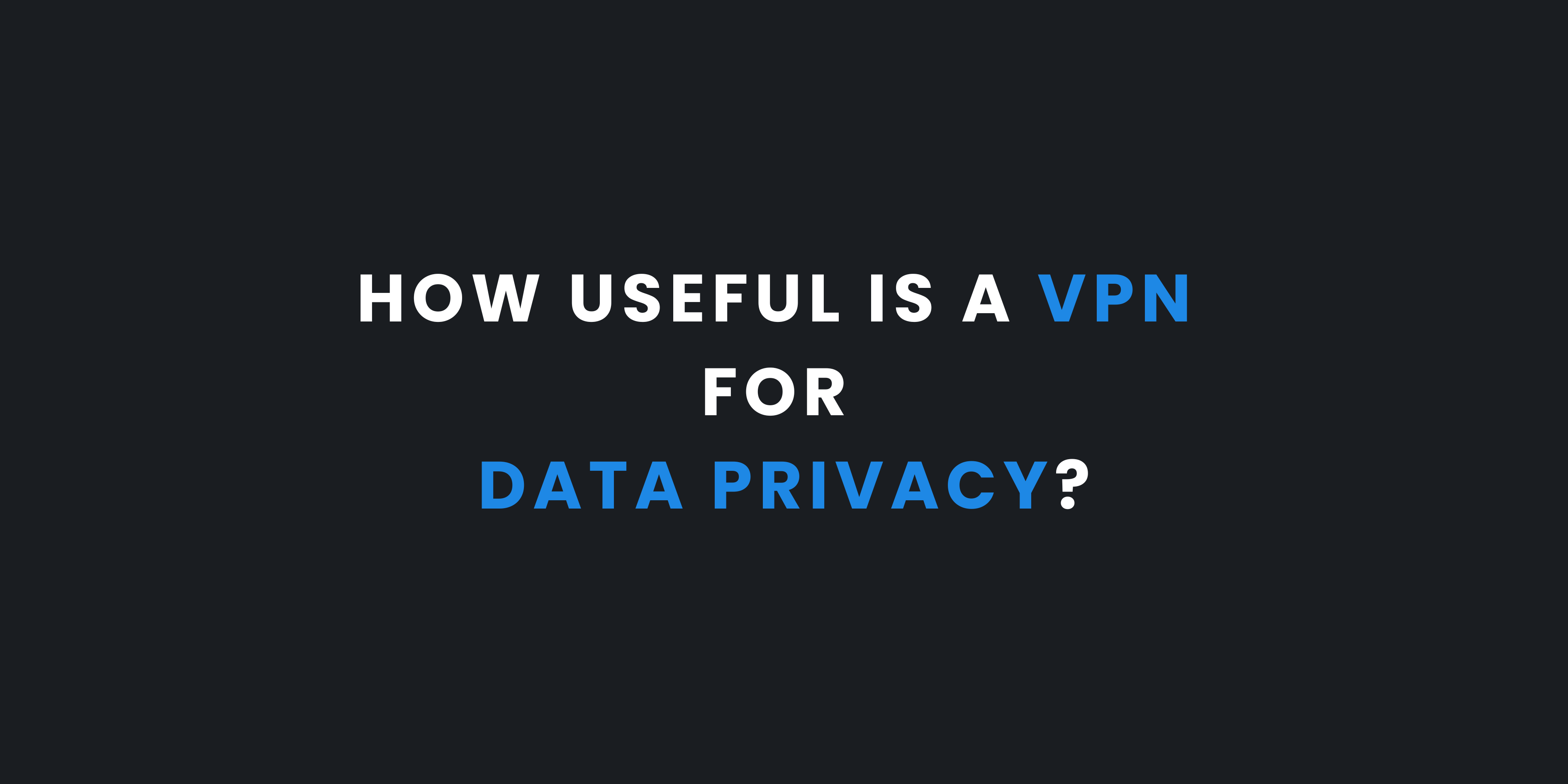
In an age where data privacy concerns are becoming a hot potato, Virtual Private Networks (VPNs) are often mentioned as a crucial tool for protecting online data privacy and presence. However, the reality is more nuanced. While VPNs can offer substantial data privacy benefits, their effectiveness and reliability vary significantly.
Here, we want to walk the journey of exploring how useful VPNs truly are for data privacy, examining their benefits, limitations, and the growing of data privacy technologies.
Key Summary
- VPNs encrypt your internet connection and hide your IP address, enhancing data privacy and bypassing geo-restrictions.
- Benefits include encrypted traffic, masked IP addresses, and access to blocked content.
- Some VPNs have security flaws and can leak IP addresses and DNS requests.
- Misleading claims and strict surveillance laws highlight the need for choosing reliable VPN providers.
- DNS-over-HTTPS (DoH) and other tools can complement VPNs for better data privacy.
Wait. What is a VPN?
A Virtual Private Network (VPN) encrypts your internet connection and hides your IP address by routing it through a remote server. This protects your online activities from being monitored and allows you to bypass geographical restrictions. However, the effectiveness of VPNs can vary, so choosing a reliable provider and using additional data privacy measures is essential.
The Upsides?
First off, Encryption. VPNs encrypt your internet traffic, making it difficult for third parties, such as hackers or even your internet service provider (ISP), to monitor your online activities. This encryption is particularly beneficial when using public Wi-Fi networks, where data interception is more likely.
Masked IP Addresses. By routing your traffic through a VPN server, your real IP address is hidden, and you appear to be accessing the internet from the VPN server’s location. This can help protect your online identity and make it harder for websites and services to track your online behaviour.
Bypassed Geographical Restrictions. VPNs allow users to bypass geographical restrictions and access content that may be unavailable in their region. This feature is popular among users who want to access streaming services, news websites, or social media platforms blocked in certain countries.
The Downsides?
Despite these benefits, VPNs are not a one-size-fits-all solution for data privacy. There are several limitations and risks associated with using VPNs that users should be aware of.
Insecurity. Some VPN services have significant security flaws. For example, Windscribe left its servers unencrypted, allowing Ukrainian authorities to seize its private keys and potentially decrypt users’ data . Similarly, PureVPN and Ivacy have been caught leaking IP addresses and DNS requests, undermining their data privacy promises.
Faces of Two. Not all VPNs deliver on their promises. Opera’s “free VPN” is actually a web proxy that collects and shares user data with third parties. Such misleading claims can give users a false sense of security.
The Invisible Hands. VPNs based in countries with strict surveillance laws, such as Australia and Hong Kong, may be subject to government data requests. For instance, VPNSecure, an Australian service, was noted for leaking IPv6 and DNS requests, compromising user data privacy.
Freebies. Free VPNs often pose significant risks. Many are operated by data collection companies and may contain malware. “VPN Master” is one such example, posing more harm than protection to users.
The Alternatives?
As technology evolves, new methods for protecting online data privacy are emerging. DNS-over-HTTPS (DoH) is one such technology that offers secure alternatives to traditional VPNs. DoH encrypts DNS queries, preventing ISPs and other third parties from seeing what websites you visit, thereby enhancing your data privacy and online presence without relying on a VPN.
The Bottom Line
While VPNs can be a useful tool for enhancing data privacy, they are not foolproof and should not be relied upon as the sole method of protection. Users need to be discerning when choosing a VPN service, prioritising those with strong security protocols, transparent policies, and good reputations.
Moreover, combining VPNs with other data privacy tools and practices, such as using secure browsers, enabling DoH, and being cautious about the information shared online, can offer a more robust defence against data privacy threats.
In conclusion, while VPNs can be an important part of a data privacy playbook, users should stay alert and knowledgeable to effectively handle the complexities of online data privacy.
